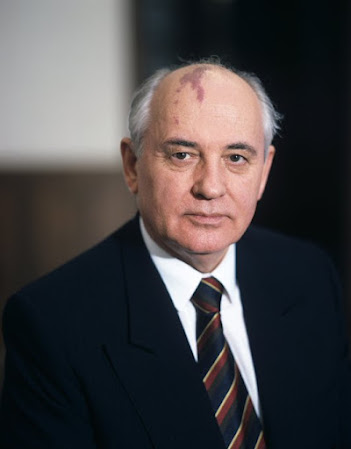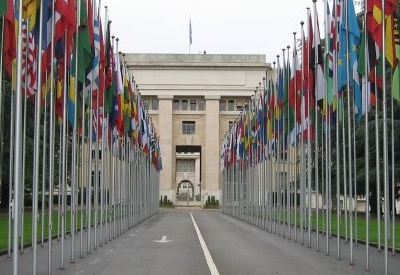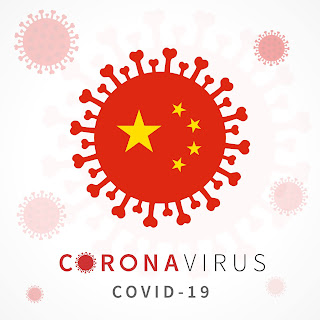Mikhail Gorbachev leaves a lasting legacy (1931 - 2022)
The Soviet Union was rumbling along in the 1980's. In 1990 the Soviet Union's GDP was 778,400 million (7th internationally) down from its peak of 993,000 million in 1983. The drop in oil prices constituted much of the drop in GDP. IMF (International Monetary Fund) data for 2015 indicates Russia at 1325 billion, Kazakhstan @ 173 billion and Ukraine at 90.5 billion. Politically, the upheaval began in November 1982 with Leonid Brezhnev's death. Former KGB Yuri Andropov succeeded him until his death in February 1984. Konstantin Chernenko was in office until his death in March 1985 after 13 months in office. After this trio of deaths to aging leaders, the Politburo needed younger blood to guide the country. Mikhail Gorbachev was appointed General Secretary in 1985 at 54 years of age.
Gorbachev sought to maintain Soviet ideals while seeking reforms to compete with a burgeoning capitalist system and the United States. The Chernobyl nuclear disaster formed part of his need to change tack. His policies of Glasnost - freedom of speech, and Perestroika - decentalisation of the economy, ultimately, giving Russian's more freedom of expression, particularly, political freedom would prove fatal to the U.S.S.R. The fall of the Iron Curtain proved a boon for democracy and the demise of state controlled interference in people's everyday lives. The PRC (Peoples Republic of China) has lived to fight another day observing the failure of Gorbachev's Glasnost policy. In a span of six years Gorbachev's decisions were never achieved before him and likely will never reach his gravitas. He injected warmth into a meandering vision of life in socialist Russia. He saw the world through many different lenses and was widely respected on the international stage. Domestically, however, he was criticised by Russians for the end of an era. Vladimir Putin has characterized the fall of the Soviet Union as the "greatest geopolitical catastrophe of the century." This decade, in particular, sees Mr Putin clamouring for days gone by with the annexation of Crimea in 2014 and attempt to have Ukraine capitulate to Russian aggression and war in 2022. The war in Ukraine was unpopular with Gorbachev as it undermined his efforts at transforming Russia from a totalitarian state to a democracy and now managed authoritarianism. Gorbachev was quoted in a 2017 Washington Post piece that democratization for Russia might take "the whole twenty - first century." This has proven to be detrimental for Russia, Ukraine, Europe and the international community. Much of the western influence that Gorbachev's openness had sowed within Russia is dissolving under Putin's leadership and western sanctions.
Gorbachev won the Nobel Peace Prize in 1990.
For this pause in authoritarianism, we owe Gorbachev a debt of gratitude.






